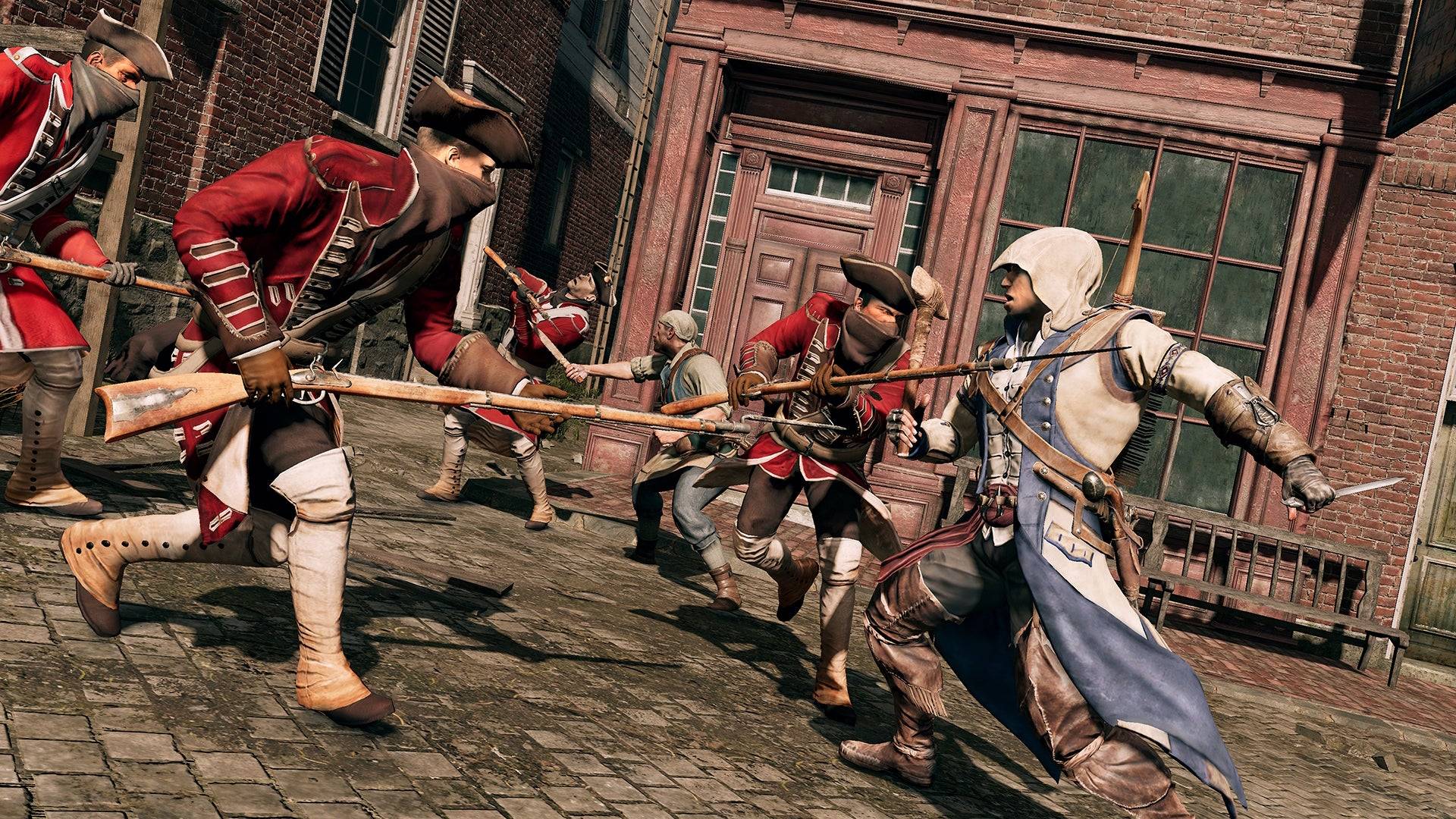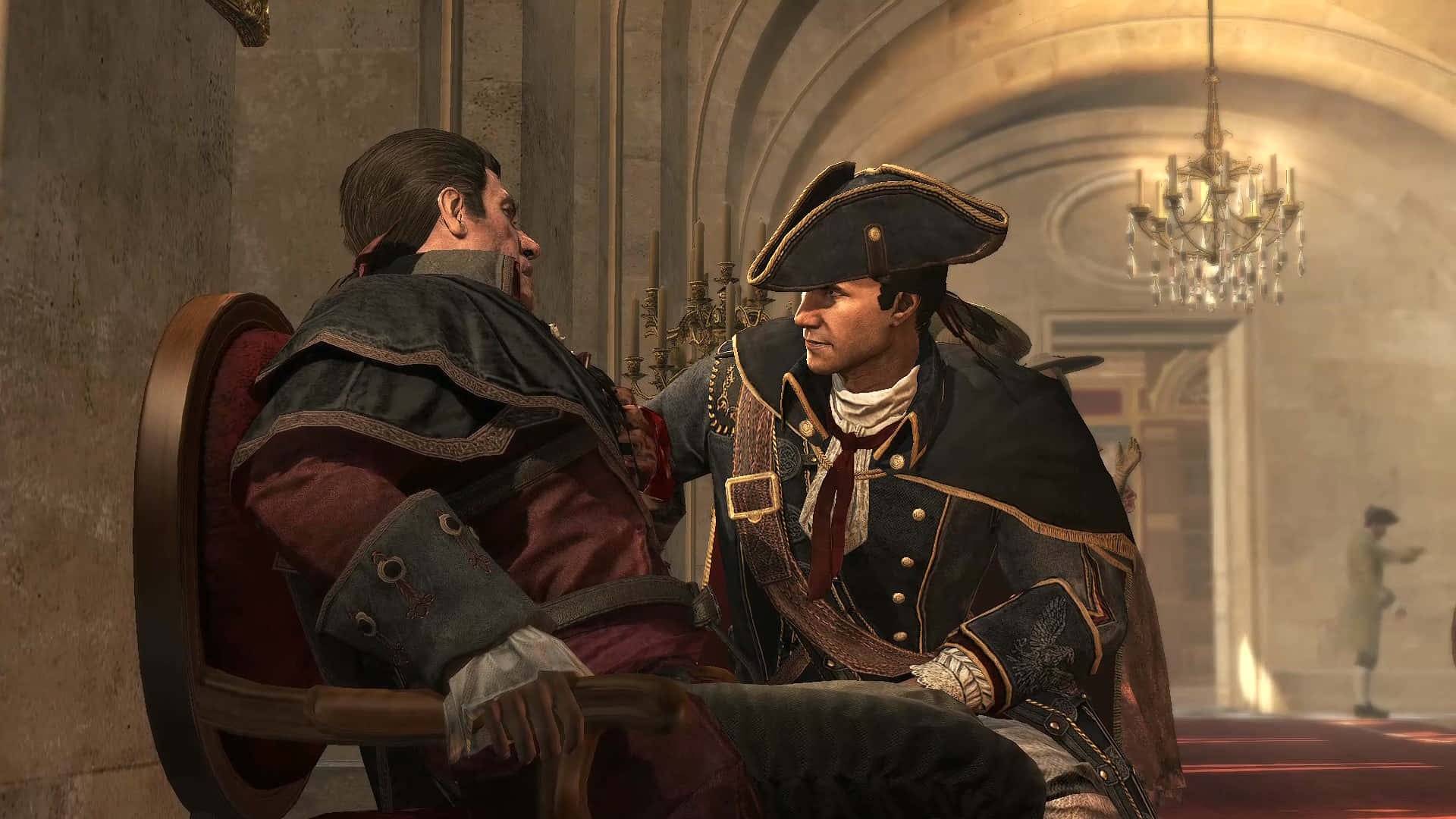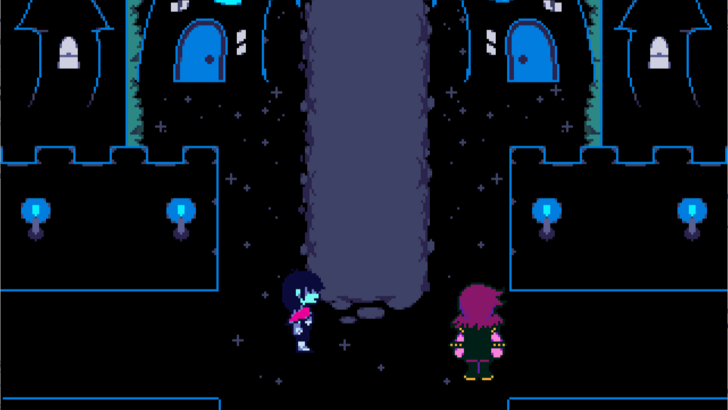One of the most memorable moments in the entire Assassin's Creed series occurs early in Assassin's Creed 3, when Haytham Kenway finishes assembling his group of supposed assassins in the New World. Players are initially led to believe they are following assassins, given Haytham's use of a hidden blade and his charismatic demeanor reminiscent of Ezio Auditore. Throughout the campaign up to this point, Haytham has been portrayed as a hero, freeing Native Americans from prison and confronting British redcoats. However, the revelation comes when he utters the iconic phrase, "May the Father of Understanding guide us," signaling that players have been following the Templars, the sworn enemies of the Assassins.
This twist showcases the full potential of the Assassin's Creed series. While the first game introduced a compelling concept of finding, understanding, and eliminating targets, it lacked depth in its storytelling, with both protagonist Altaïr and his targets lacking personality. Assassin's Creed 2 improved this by introducing the iconic Ezio, but it still fell short in developing his adversaries, notably Cesare Borgia in the spinoff Assassin's Creed: Brotherhood. It wasn't until Assassin's Creed 3, set during the American Revolution, that Ubisoft devoted equal attention to developing both the hunter and the hunted. This approach created a seamless narrative flow and achieved a harmonious balance between gameplay and story, a feat yet to be replicated in subsequent titles.

Despite the positive reception of the current RPG-focused era of the series, many fans and critics believe Assassin's Creed has been on a decline. Various theories attribute this to the increasingly fantastical elements, such as battling mythological figures like Anubis and Fenrir, or the introduction of diverse romance options and historical figures like Yasuke in Assassin's Creed Shadows. However, I believe the core issue lies in the series' shift away from character-driven storytelling, which has been overshadowed by expansive open-world elements.
Over the years, Assassin's Creed has evolved from a focused action-adventure game to incorporate RPG and live service elements, including dialogue trees, XP-based leveling, loot boxes, microtransactions, and extensive gear customization. Yet, as the games have grown larger, they've begun to feel more hollow, not only in repetitive side missions but also in their storytelling.
For instance, while Assassin's Creed Odyssey offers more content than Assassin's Creed 2, much of it feels less polished and immersive. The introduction of player choice in dialogue and actions, intended to enhance immersion, often results in scripts that lack the finesse of more linear narratives. The earlier, action-adventure focused games allowed for deeply crafted characters, evident in moments like Ezio's powerful declaration after defeating Savonarola, "Do not follow me, or anyone else!" or Haytham's poignant soliloquy upon his death at the hands of his son, Connor:
"Don't think I have any intention of caressing your cheek and saying I was wrong. I will not weep and wonder what might have been. I'm sure you understand. Still, I'm proud of you in a way. You have shown great conviction. Strength. Courage. All noble qualities. I should have killed you long ago."

The writing in the series has also suffered in other ways. Modern games often simplify the narrative to a straightforward good versus evil dynamic between Assassins and Templars. In contrast, earlier entries, especially Assassin's Creed 3, delved into the moral complexities and blurred lines between the two factions. Each defeated Templar in Assassin's Creed 3 challenges Connor's beliefs, with characters like William Johnson questioning the potential to prevent Native American genocide, Thomas Hickey critiquing the idealism of the Assassins' mission, and Benjamin Church presenting the conflict from the British perspective. Haytham himself challenges Connor's faith in George Washington, suggesting that the new nation might be as despotic as the monarchy it sought to overthrow—a claim validated when it's revealed that Washington, not Charles Lee, ordered the burning of Connor's village. By the game's end, players are left with more questions than answers, enhancing the narrative's depth and impact.
Reflecting on the series' history, it's clear why the track "Ezio's Family" from Assassin's Creed 2 became the franchise's theme. The PS3-era games, especially Assassin's Creed 2 and 3, were fundamentally character-driven, with the melancholic strings of "Ezio's Family" symbolizing Ezio's personal loss rather than just the Renaissance setting. While I appreciate the expansive world-building and graphical advancements of newer Assassin's Creed games, I hope the franchise will return to its roots and deliver the focused, character-centric stories that originally captivated fans. However, in today's gaming industry, dominated by expansive open worlds and live service models, such a return might not align with current business trends.








![Taffy Tales [v1.07.3a]](https://imgs.xfsxw.com/uploads/32/1719554710667e529623764.jpg)











